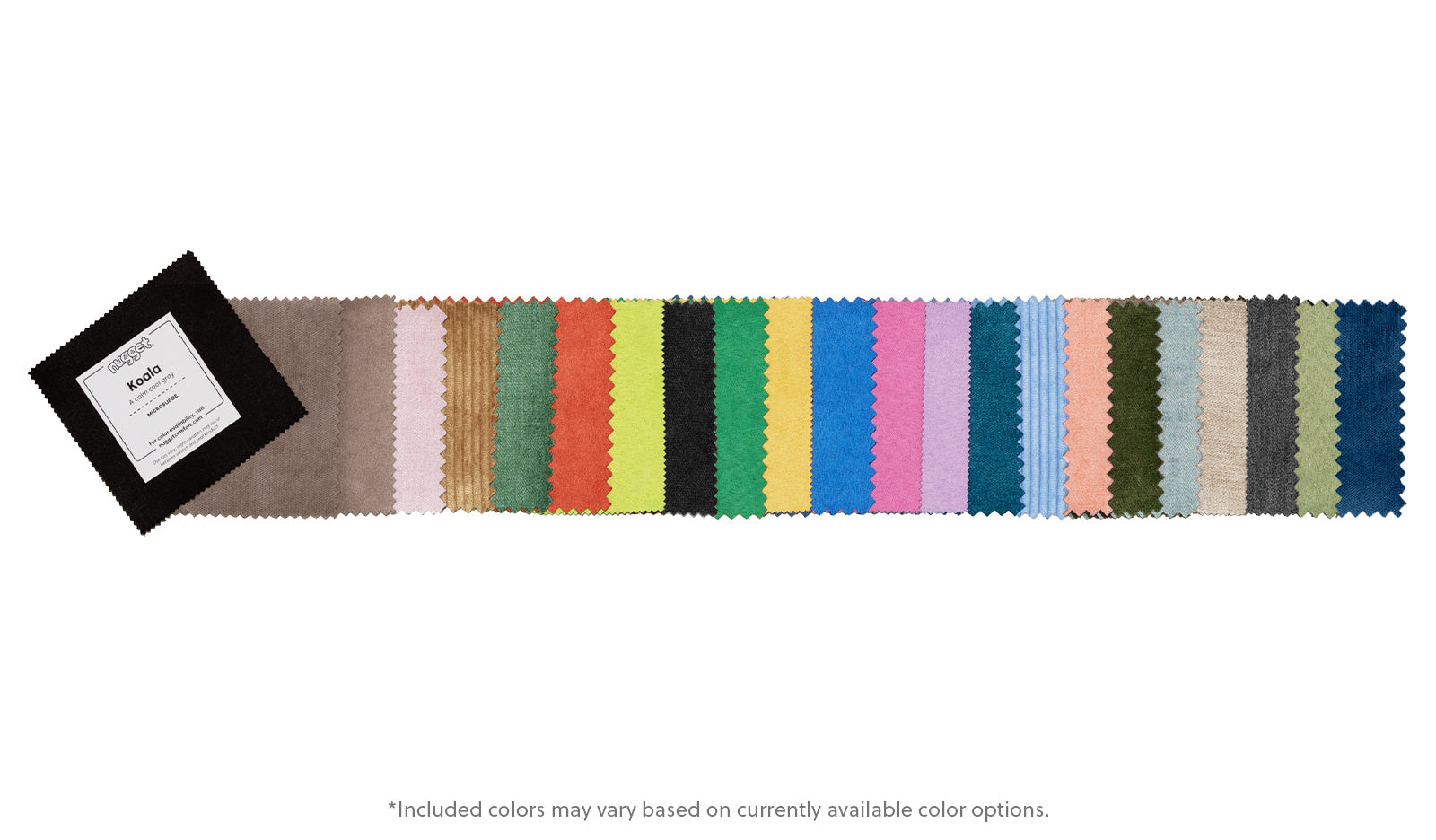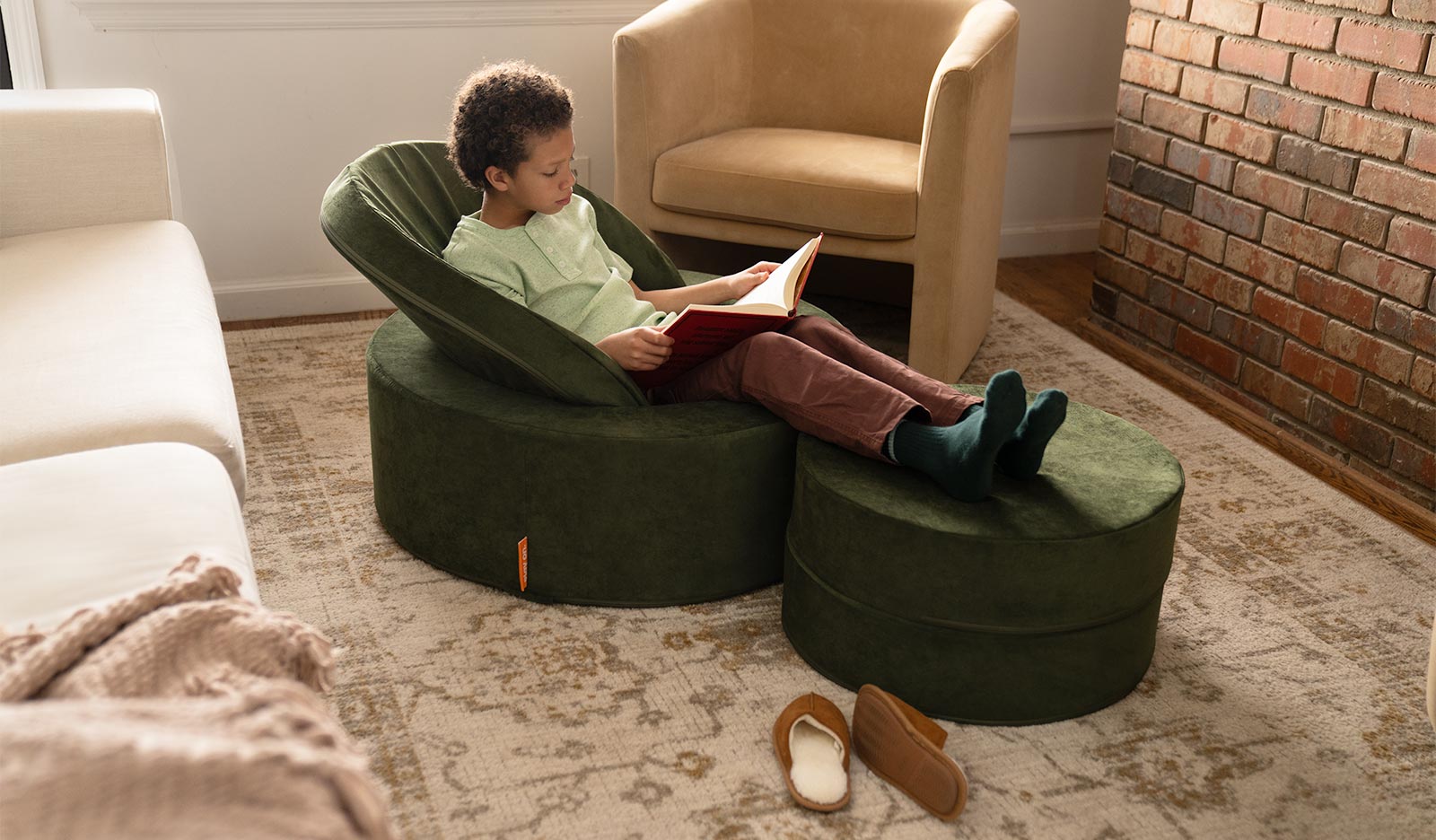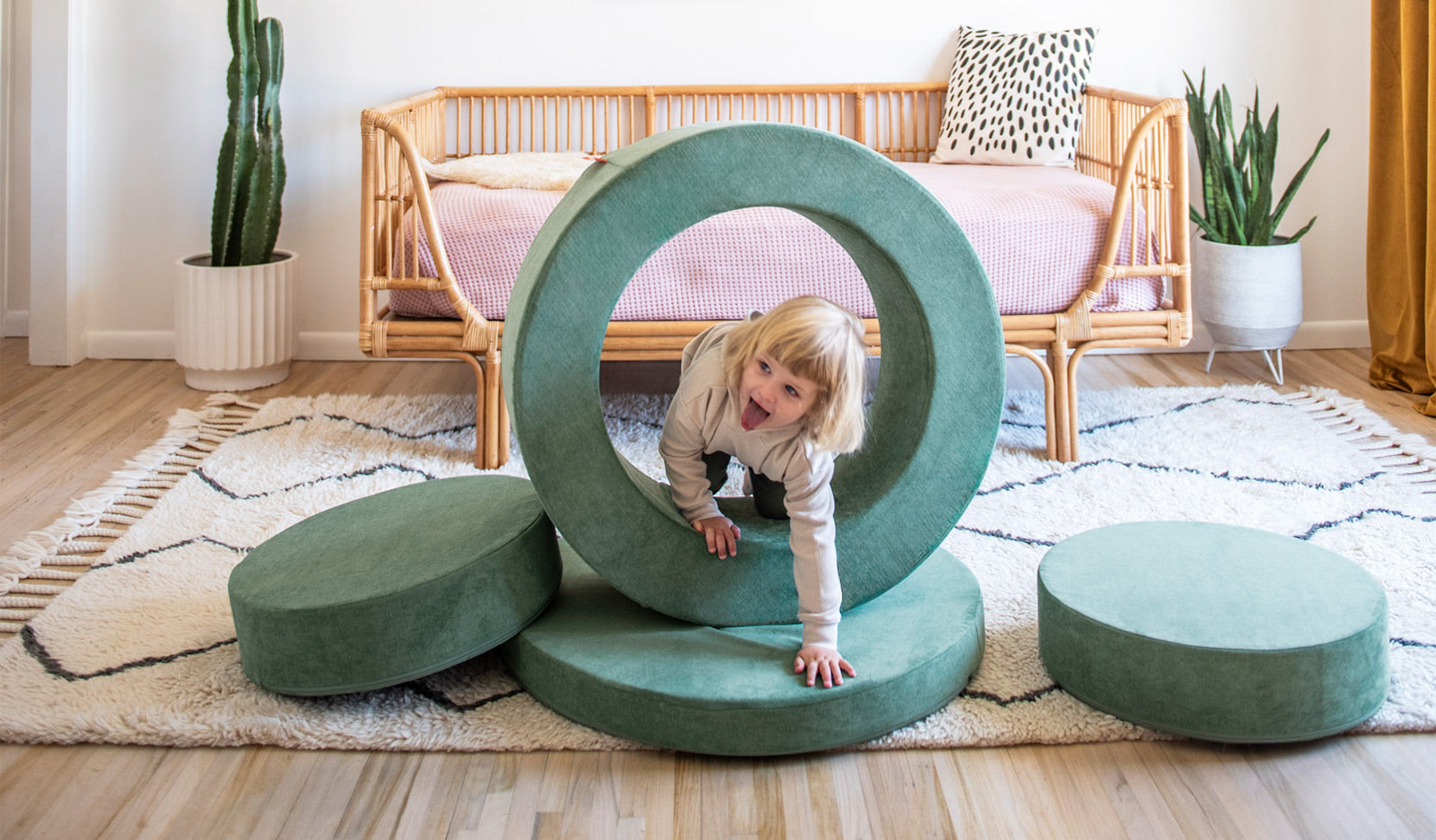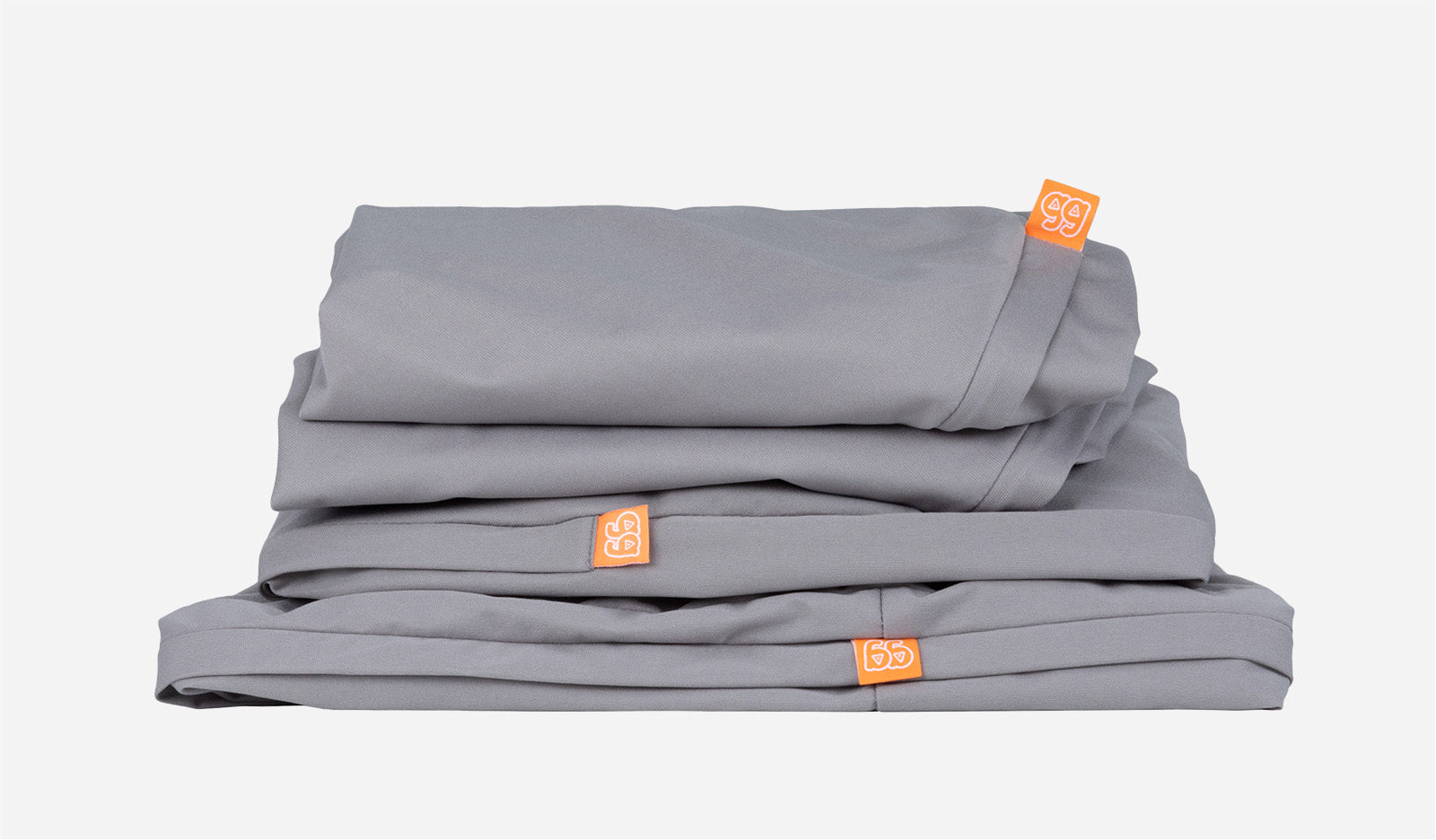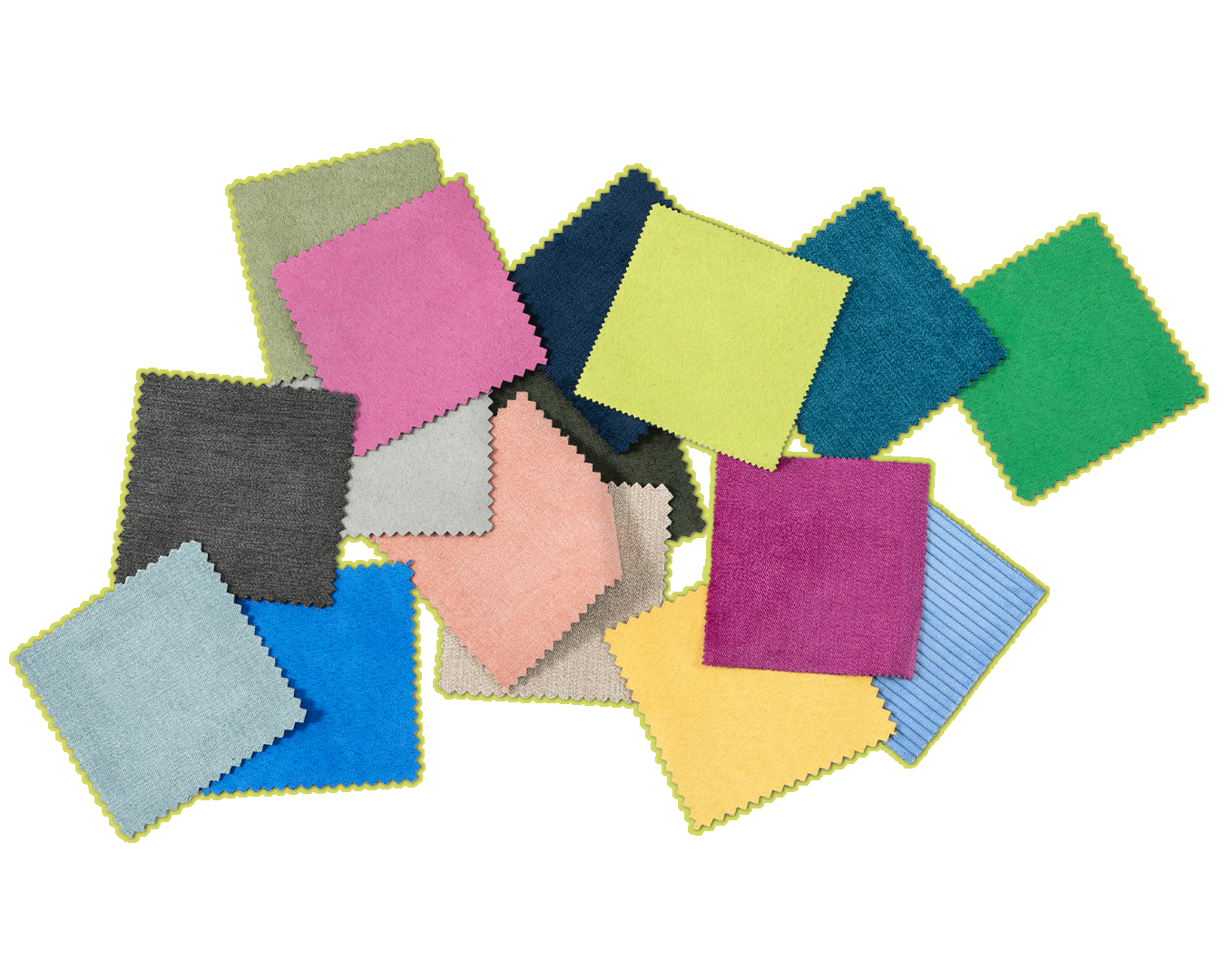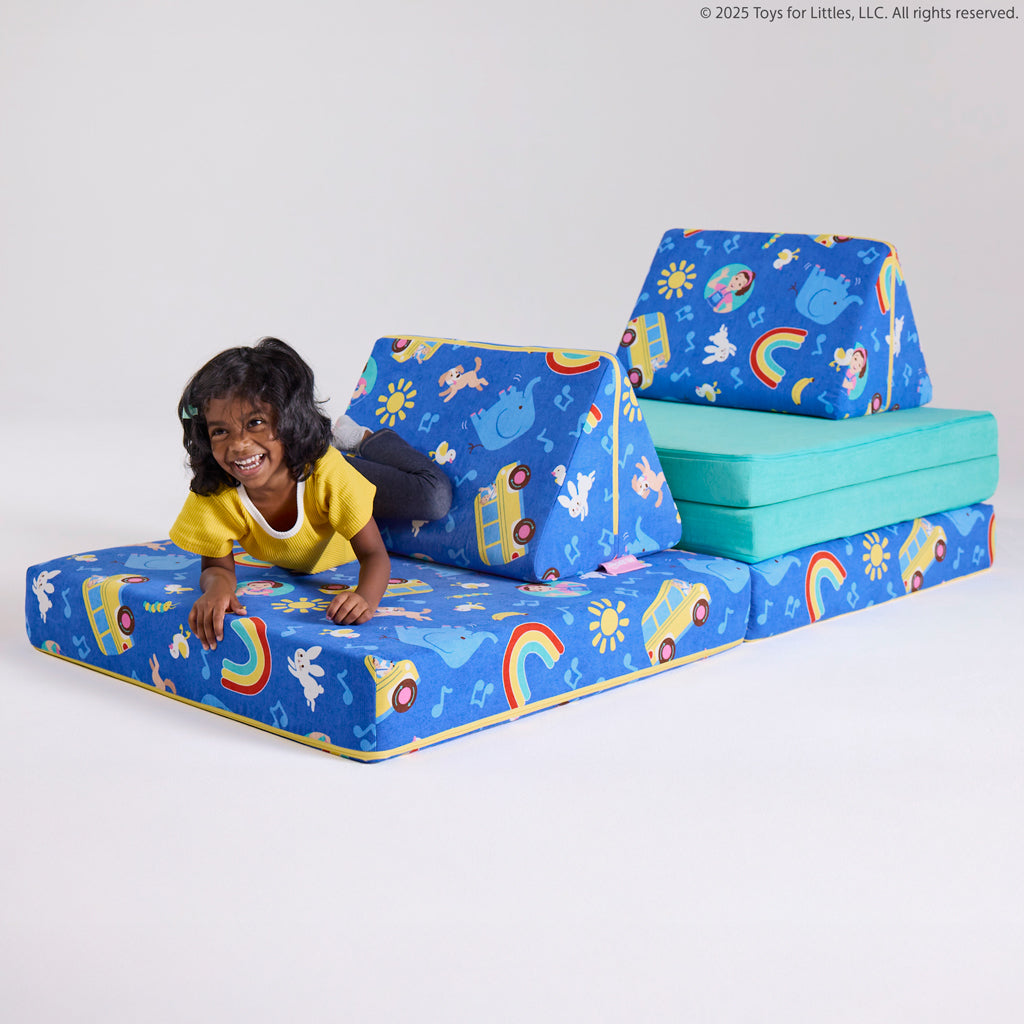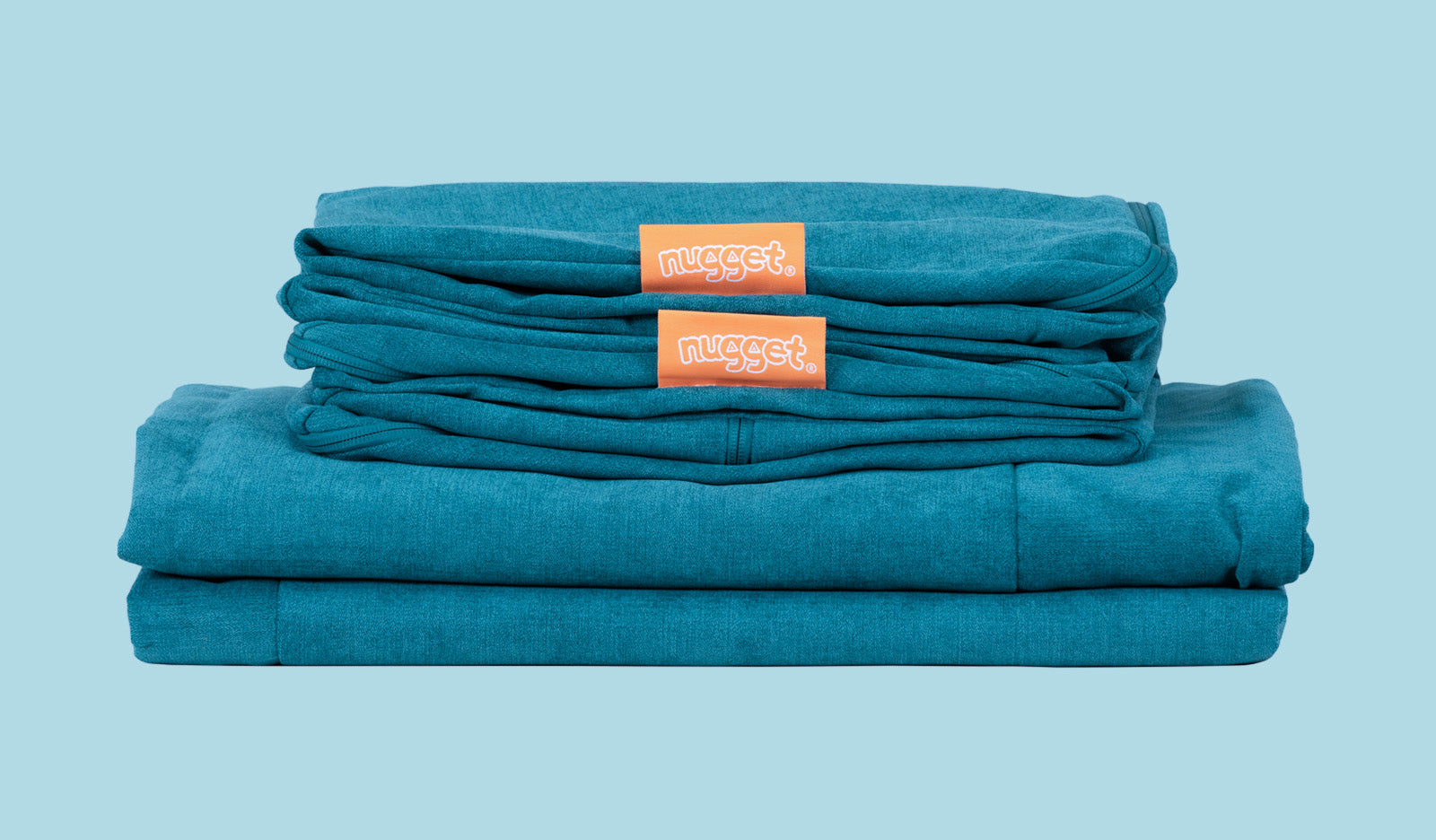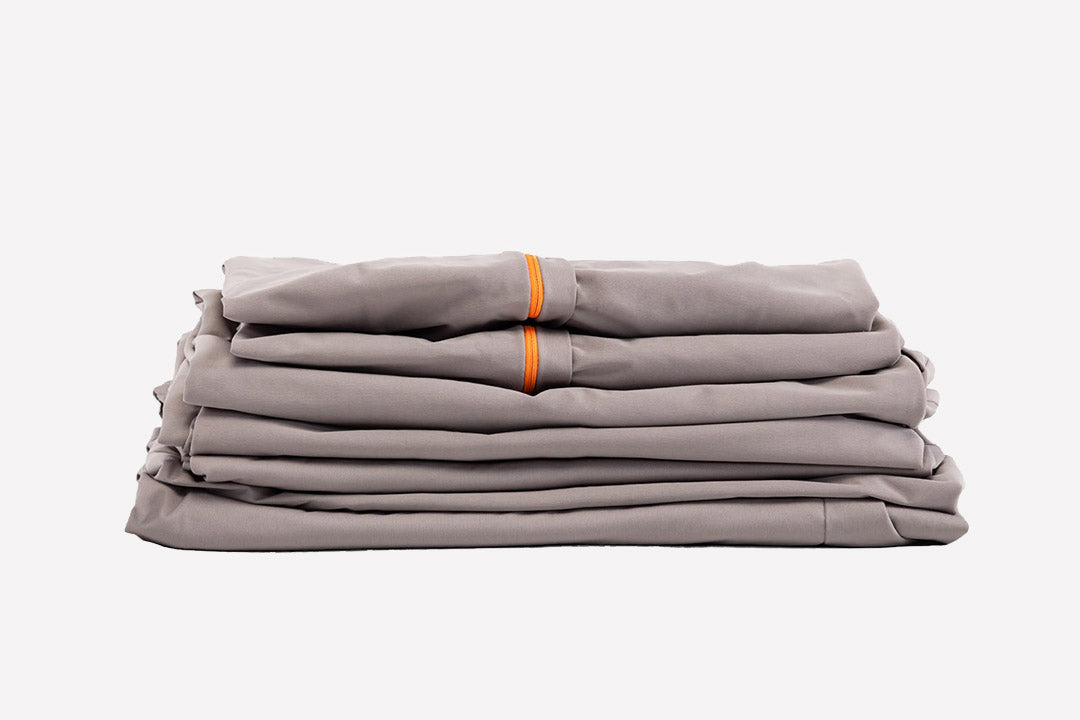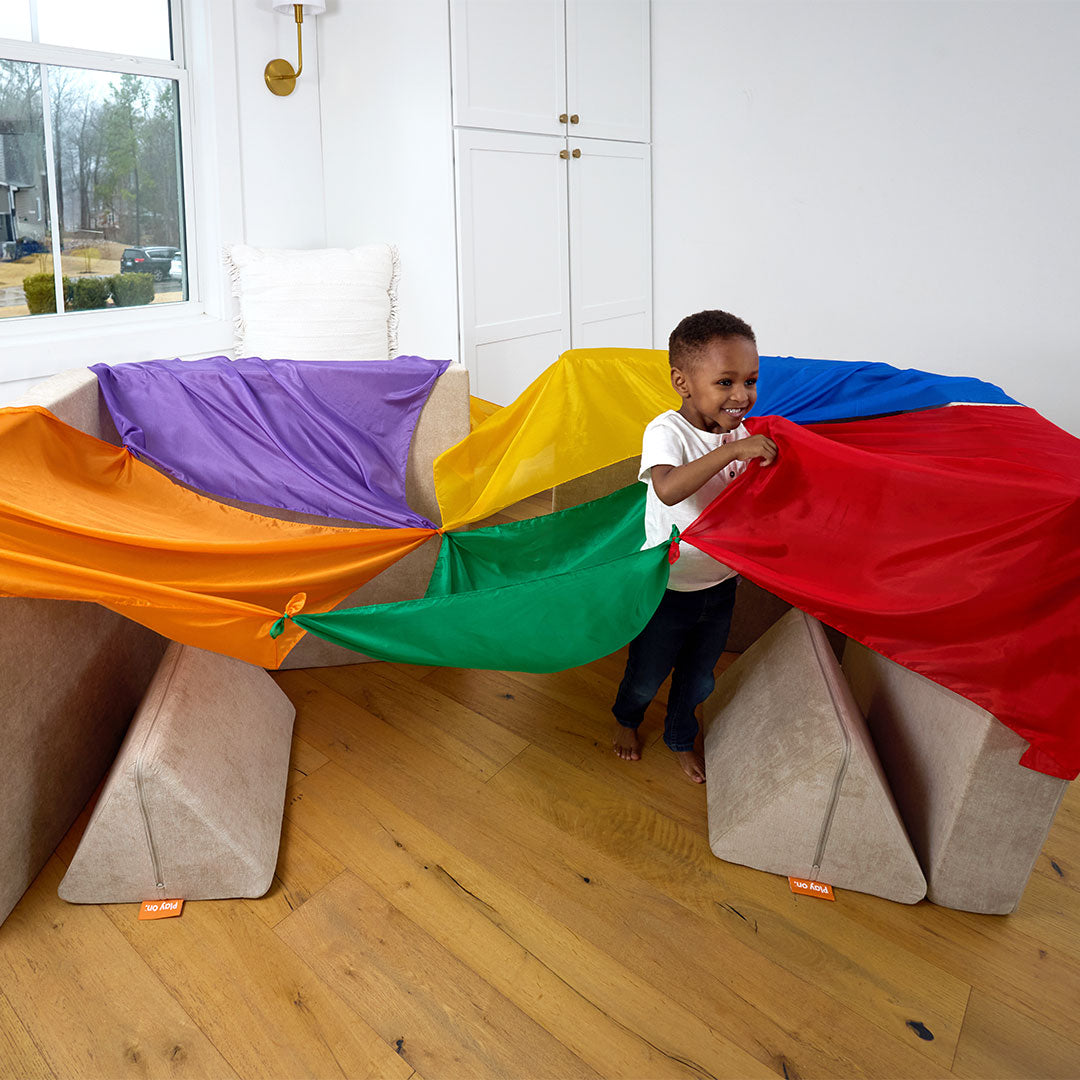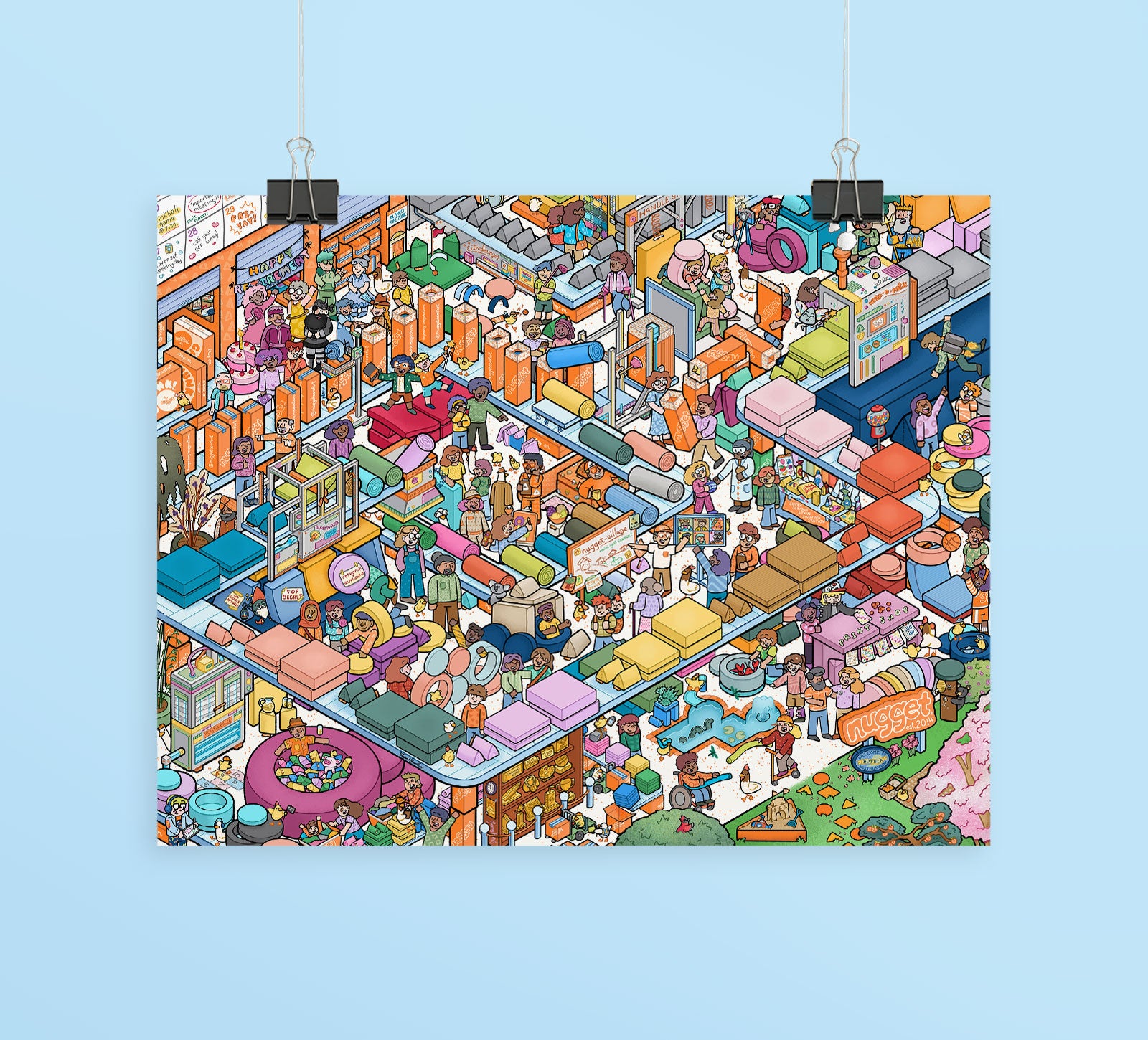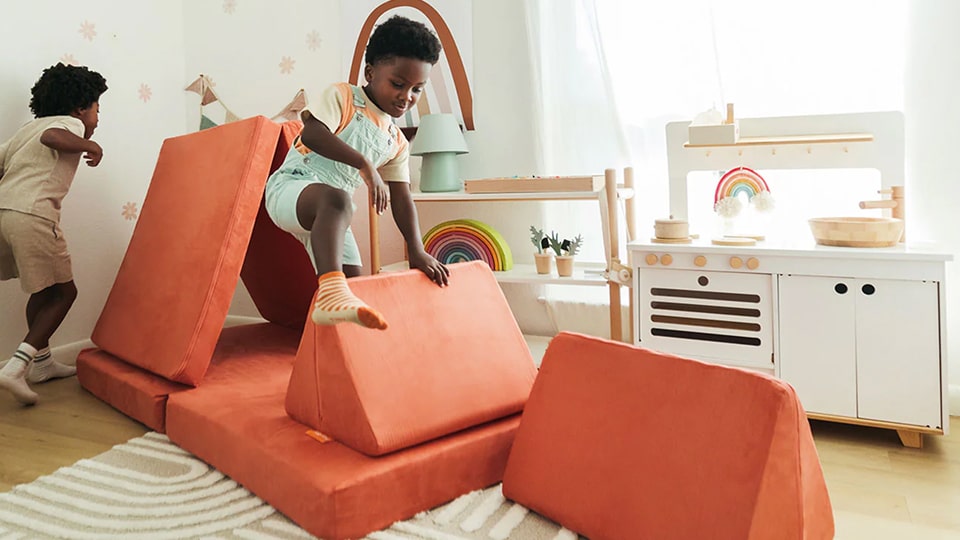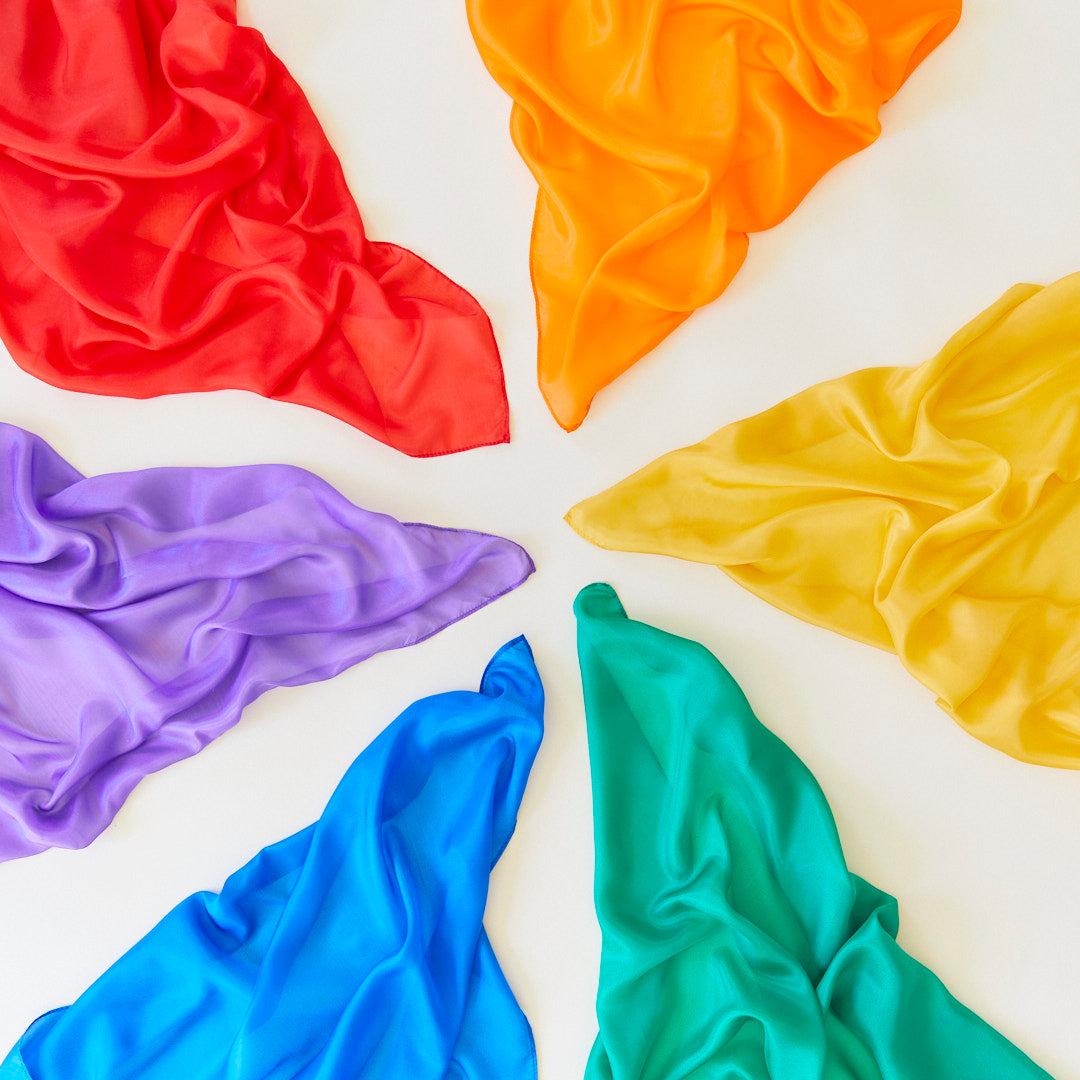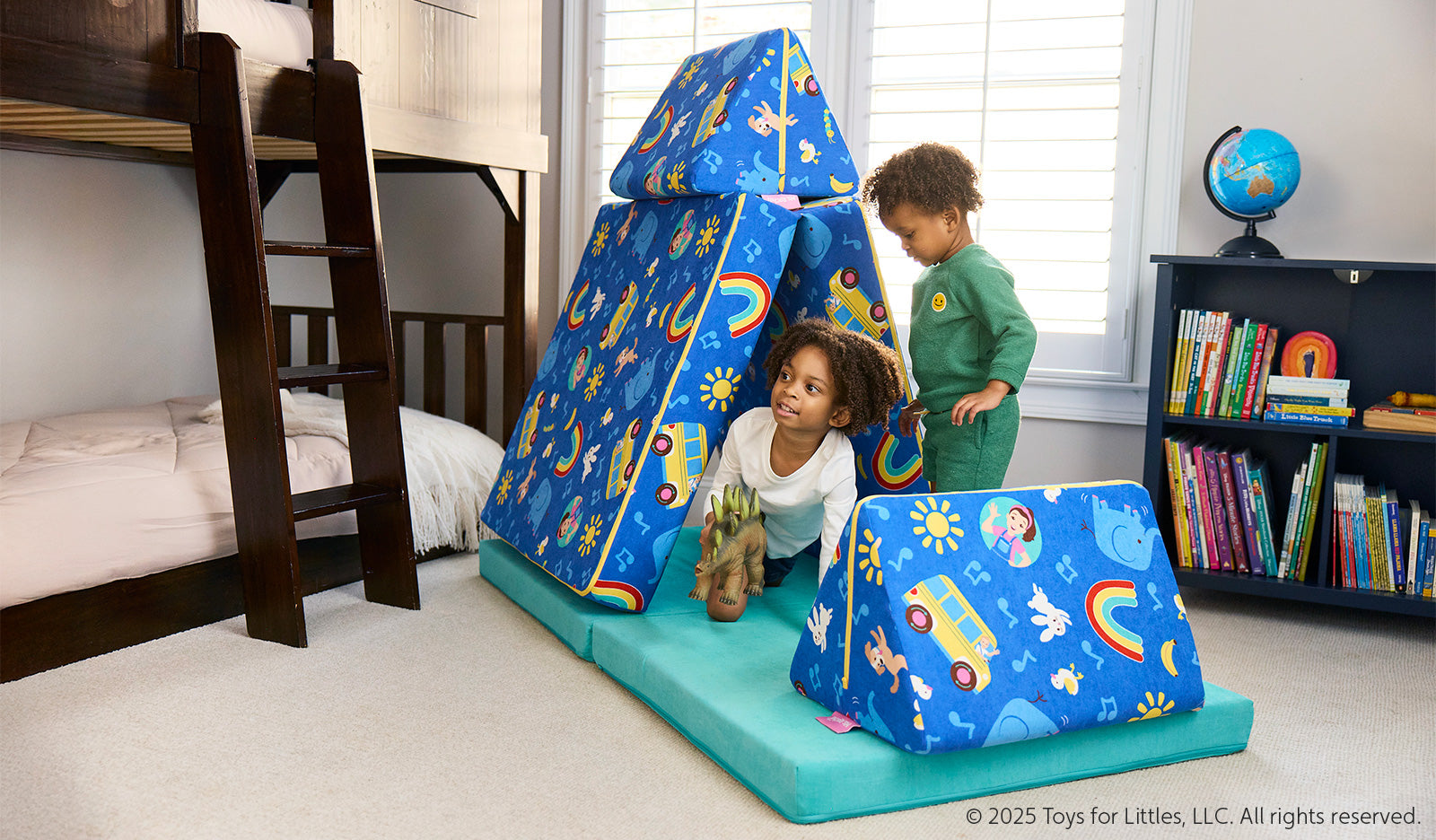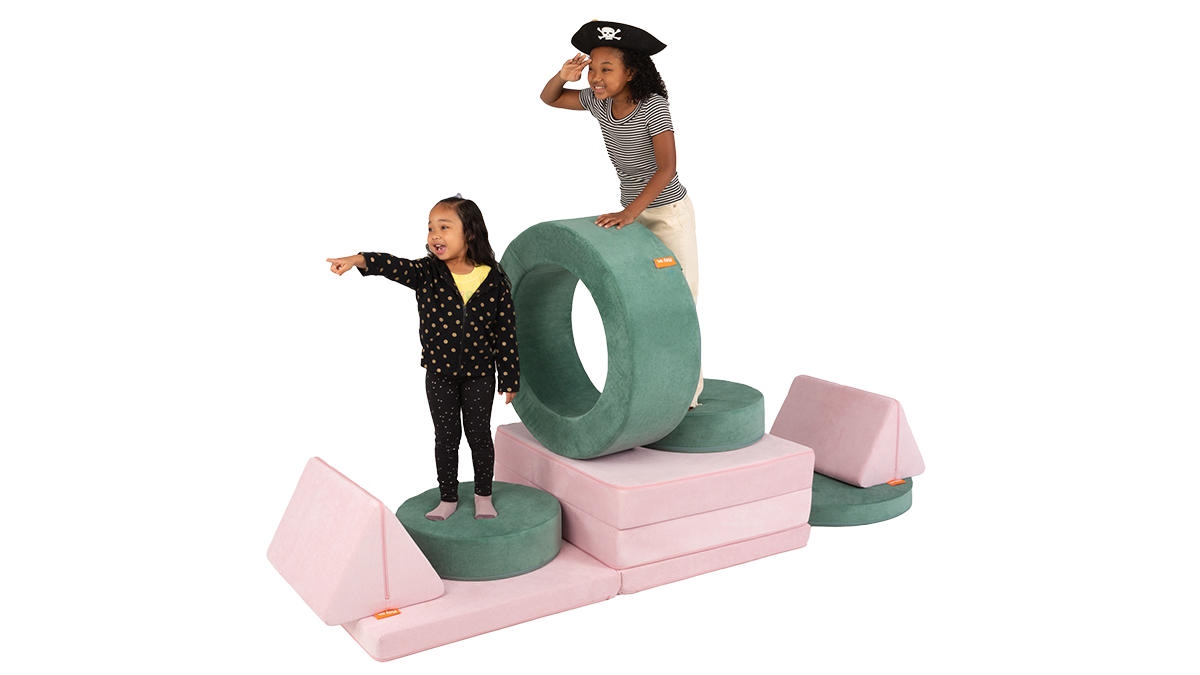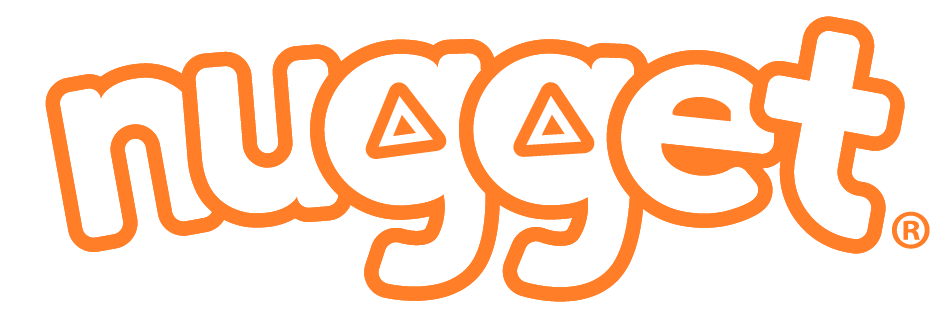Cover Club Vol. 6: A Partnership with El Futuro
In 2020, we launched Cover Club, a way to support organizations near and dear to our hearts. The concept is simple: Nuggeteers enter a contest (purchasing as many entries as they like) to win rare, retired Cover Sets, with 100% of the proceeds benefiting non-profit organizations doing life-changing, hugely important work.

In Volume 6 of Cover Club this September, we are partnering with El Futuro, a non-profit outpatient clinic that provides comprehensive mental health services for Latino families. Their work includes providing individual therapy, group support, and substance abuse treatment, as well as community outreach initiatives like their community garden. We chatted with Mary, Clinical Project Manager, and Luke, Executive Director, about their work, their vision for El Futuro, and why, after all the challenges of the last year, they are still dreaming.
What is El Futuro and how did it get started?
Luke, Executive Director: We are an organization that rallies around a mission that we want to nurture and strengthen families so they can live out their dreams. We’re looking at the immigrant community from Latin America who come with dreams in their hearts and reasons for immigrating, but unfortunately, some are beset with issues with mental health and substance abuse. It could be insomnia, anxiety, PTSD, depression; sometimes because it’s in the family genetic makeup, but sometimes it’s because of why they were fleeing their country, the process of immigrating, or discrimination that they experience when they arrive.
 So, we offer care and help for families. We do that with therapy, psychiatry, and family care. We started because a lot of people realized that mental health was a problem, but then referrals were falling out and people weren’t getting the help. We wanted to do something about this gap in treatment while also training more people to provide these sorely needed services. That was 15-16 years ago. Now, we have about 50 staff members, a lot of therapists, psychiatrists, student trainees who help expand the work, and complimentary services like our community garden.
So, we offer care and help for families. We do that with therapy, psychiatry, and family care. We started because a lot of people realized that mental health was a problem, but then referrals were falling out and people weren’t getting the help. We wanted to do something about this gap in treatment while also training more people to provide these sorely needed services. That was 15-16 years ago. Now, we have about 50 staff members, a lot of therapists, psychiatrists, student trainees who help expand the work, and complimentary services like our community garden.
We are about establishing relationships. The community we serve, they come in from really big relationship networks back home.
 What is the importance of the organization’s name?
What is the importance of the organization’s name?
Luke: We are forward looking, dreaming of what could look better in the future. Coming to the U.S. is all about the future: education for kids, providing a safe environment, economic opportunity. The name is also very important because if it was La Clínica de Salud Mental (The Mental Health Clinic), there would be such a taboo.
Mary, Clinical Project Manager: The name embodies our spirit, our emphasis on the future: where am I now, where do I want to go, and who do I want to bring with me to get there? Being an immigrant, you hear wonderful things about this country, and sometimes coming here and meeting people who are having a different reality, you want to do anything that you can to help them. The future means hope, being better, not just for yourself but bringing others with you.

What is the most important thing you’ve learned about establishing relationships with those you serve?
Luke: What we find most often is that, when asked who referred a new patient to the clinic, the most common answer is friends of family members, an uncle, a sister. The best compliment you can give us is: I heard you were trustworthy. The depth of the word confiencia, it’s so core to what we do. That’s the alliance we have, the marker of our success. We are referred to by primary care doctors, courts, schools, gang prevention programs, but it’s less significant than the referrals from friends and family. I’ve treated so many extended family members through the years. What does the community say, Mary?
Mary: One thing that comes to mind is it’s hard to trust when you are an immigrant and you’ve faced so much rejection. But then they will walk into El Futuro and feel the love right away, the bright colors, the pictures of their countries, and meet others like me who look like them. I love working at El Futuro where we have people from Costa Rica and Nicaragua, Mexicans, Guatemalans, all represented there. We are constantly learning from each other. We understand that we all speak Spanish but we need to learn from each other, treat others with respect. That’s important for us how we treat our clients, we treat them like family, not like clients. It’s that human warmth, the calor humano.
Luke: Agreed, we don't call them clients, we call them Senor, Senorita. We try to humanize them beyond the jargon of the profession. More and more with psychiatry, it’s about pushing medicine that they might not even take. If the relationship isn’t there, it’s not going to work. It begins with the relationship.
Beyond prioritizing relationships, what does culturally sensitive healthcare look like at El Futuro?
Mary: At El Futuro, it’s about how important it is to listen to people versus assuming. While I might be from Mexico, I don’t know how everyone likes to be treated; we’re all different, there’s so much diversity among one country or city. I am so proud that we are always asking at focus groups, “What do you think? How could we improve?” and then implementing these ideas. When we created the community space with our mural and green space, we asked the community as much as possible: going to events, knocking on doors, and asking what they wanted. Some people said “I would like to see the colors from my country, flowers from my country. I want it to feel like home.” We really wanted that space to feel welcoming to our community and bring back memories, provide a space where kids could feel safe. Now, it’s really incredible what we’re hearing from people who came to us from our space. The creek we have reminds them of the little creek in El Salvador where maybe they went as kids, where they would go jump on rocks and splash in the water. We’re really making it happen for our community!

Can you tell us more about the community garden?
Luke: We have opportunities for locals to volunteer. Just today, some folks were out implementing traditional farming techniques with terracing and teaching about native plants. Kids came out recently and planted seedlings. It’s refreshing to offer these types of engagements with community members… otherwise, what does a mental health clinic look like? It’s invitation only, it’s indoors, it’s hidden away. With the garden, it de-stigmatizes us and makes us more approachable.
How can people access El Futuro’s services?
Luke: There is an overwhelming need for mental health services and not enough people providing help. That’s why we couple our direct services with the training part of our model to help increase the overall amount of help available.
Instead of “franchising” our model and repeating the same style in different locations, we’re focused on finding the people who are trying in that community and training them, helping them, trying to provide resources to curb burnout.

What’s on the horizon for El Futuro in the next few years?
Luke: More of the same! We don’t want to mess with something that’s working, we need to keep prioritizing our services that no one else is providing. Let’s make sure that we keep the focus on the family, not just the individual that is being helped. One thing we’ve learned with the pandemic: the focus on the family is more important than ever, especially providing resources for helping parents with technology use in the home, with emotional regulation, with advocating within a school district that isn’t always giving them what they need.
Mary: The complimentary programs like group programs have typically been offered only to clients and we’re trying to open it up more to be more welcoming to those who aren’t in therapy but it could be an introduction into mental health. Maybe these individuals just need a little bit of support, so we’re trying to be more open to community members as a whole.

Mary, what do you wish people understood about the immigration experience?
Mary: It’s not easy being an immigrant. You’re coming to this new place, you don’t know the culture. I just remember feeling like a zero. I no longer had my degree, my family, my friends, I didn’t know how to drive. It was really really hard.
It’s important to find a friendly face and a helping hand. Now, I try to help others however I can: show them where the library is, connect over, “Oh, my kid also goes to that school, let me help you with that.” You would brighten someone’s life just by being there with them. It doesn’t take much. That trust, that’s so hard to get, and once you get it, they are there for you. The Latin community is very generous... you come to their house, they will give you everything. They won’t think twice to help you. I am very thankful to be working with El Futuro and the community that we serve. At the end of the day, I am a part of a community and I want that community to thrive. The colors we see in the mural reflect how vibrant the community is. We give everything to the people that we trust!

Many thanks to Mary, Luke, and everyone at El Futuro for the incredible work that you do for our community. How can you get involved? Our latest volume of Nugget Cover Club starts September 15th, with the winners announced at 3pm on September 20th. Purchase Cover Club tickets, follow along on Instagram as we learn more about El Futuro, and consider donating directly.
